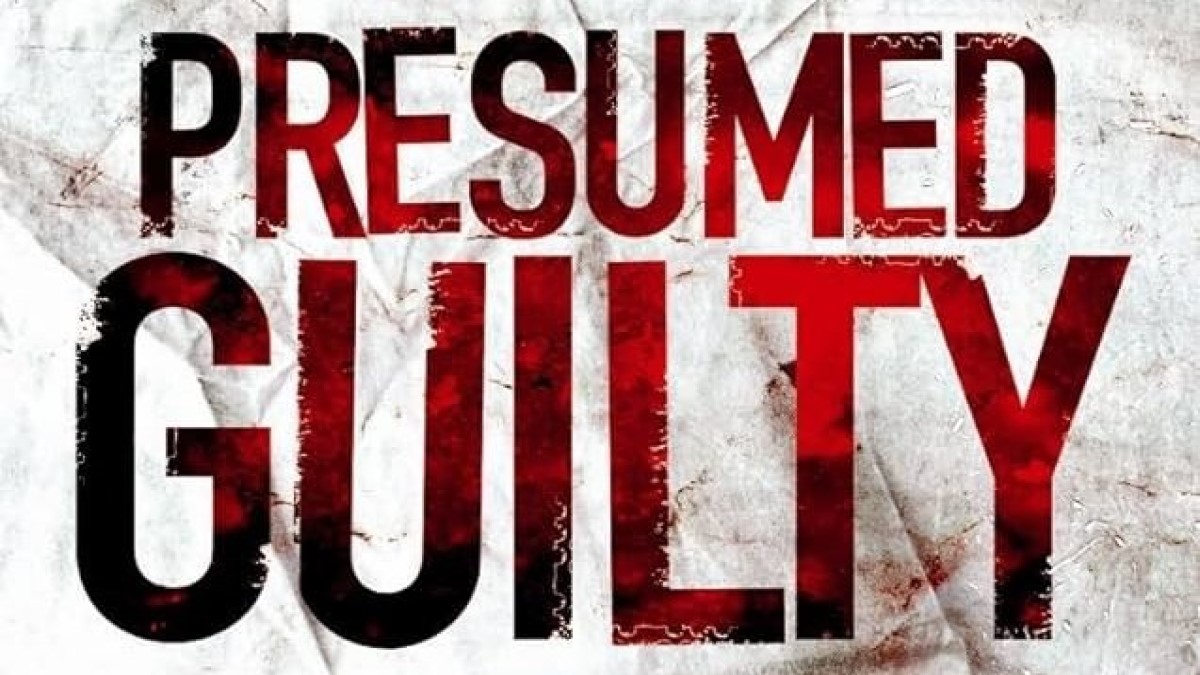When diving into the labyrinthine depths of Tess Gerritsen’s enthralling literary offering, “Presumed Guilty,” readers are immediately enveloped in a tapestry of suspense, moral ambiguity, and the intricacies of human relationships. It is a body of work that resonates with the age-old adage of innocent until proven guilty, yet reveals the multifaceted nature of truth and deception in a society quick to cast judgment. A meticulous exploration of this narrative reveals not just the mechanics of crime and justice but delves deeply into the psychology of guilt and the societal constructs surrounding culpability.
At the heart of “Presumed Guilty” lies a compelling observation: how easy it is for individuals to become ensnared in the web of prejudice and preconceived notions. Gerritsen’s protagonist grapples with this reality, as she traverses through a world where appearances often obscure the underlying truths. The curious, yet alarming, ease with which we attribute guilt to others is a reflection of our own insecurities and biases. This fundamental observation sets the stage for a narrative that transcends mere entertainment; it invites introspection and encourages readers to confront their own perceptions of right and wrong.
The characters in the novel are meticulously crafted, exuding an authenticity that fosters a tangible connection with the audience. Each individual bears the weight of their decisions and is intricately woven into the overarching narrative. Gerritsen’s adept character development enables readers to grapple with the psychological implications of their actions, illustrating that guilt can manifest not only from misdeeds but also from societal expectations and personal dilemmas. This dynamic interplay invites us to question our own moral compass, unveiling layers of complexity that often elude simplistically rendered narratives.
Moreover, Gerritsen deftly explores the idea that the pursuit of truth is replete with obstacles, inherently shaped by the preconceptions and biases we harbor. The story oscillates between various perspectives, offering a kaleidoscopic view of events that unfold. This narrative technique imbues the plot with a sense of dynamism and depth, as readers are compelled to piece together the disparate fragments of truth. The suspense is palpable, keeping readers on the edge of their seats as they navigate through the maze of conflicting accounts, further emphasizing how elusive ‘truth’ can be.
What elevates “Presumed Guilty” beyond a mere thriller is its exploration of the psychological nuances of guilt. The author insinuates that guilt is not only an external judgment but also an internal strife. The characters’ encounters with their own moral failures reveal the fragility of the human psyche and the burden of living with the repercussions of one’s actions. It’s a poignant reminder that in a world replete with judgment, the most severe punishment tends to be self-inflicted.
The societal implications underscored in “Presumed Guilty” are unvarnished and thought-provoking. In an era where public opinion often shapes reality, the risk of being prematurely judged looms large. This notion ignites a significant discourse about the media’s role in shaping perceptions of guilt. The characters grapple with the haunting specter of public scrutiny, reflecting a modern-day conundrum where the lines between justice and injustice are irrevocably blurred. In doing so, Gerritsen compels her readers to consider the ramifications of a society that is quick to vilify and slow to understand.
Furthermore, the backdrop of a high-stakes legal battle intensifies the narrative’s exploration of ethical dilemmas and moral ambiguity. The courtroom scenes, rife with tension, serve as a microcosm of the broader societal struggles. Here, issues of loyalty, betrayal, and the insidious nature of guilt come to the forefront. The intricacies of legal procedures, interlaced with the raw emotions of the characters, accentuate the stakes involved. Through these conflicts, readers are encouraged to reflect on the often subjective nature of law, raising pertinent questions about justice and morality.
The theme of redemption also serves as an undercurrent throughout the novel. Characters seek solace in the aftermath of their choices, grappling with the nullifying desire to reconcile their pasts with their present. The pursuit of redemption is fraught with challenges, yet it fosters a sense of hope that is both necessary and invigorating. Ultimately, Gerritsen invites readers to ponder whether redemption is attainable or merely a fleeting illusion in the cataclysm of human experiences.
As readers progress through the pages of “Presumed Guilty,” they are not merely passive observers but active participants in an intellectual discourse that examines the very fabric of human nature. The novel elucidates that guilt is not solely an indication of wrongdoing but a profound examination of the self—a compelling reflection of our fears, traumas, and the intricate dance of morality.
In conclusion, Tess Gerritsen’s “Presumed Guilty” is much more than a gripping thriller; it serves as a poignant exploration of the complexities of human emotions, societal norms, and the perpetual quest for truth in a world shrouded in ambiguity. It’s a narrative that lingers long after the final page is turned, leaving readers with a heightened awareness of the forces that shape our understanding of innocence and guilt. Through the lens of keen observation and profound insights, Gerritsen provides a narrative that is not only entertaining but also enriching, challenging us all to confront the very nature of our judgments and the secrets we harbor within.
